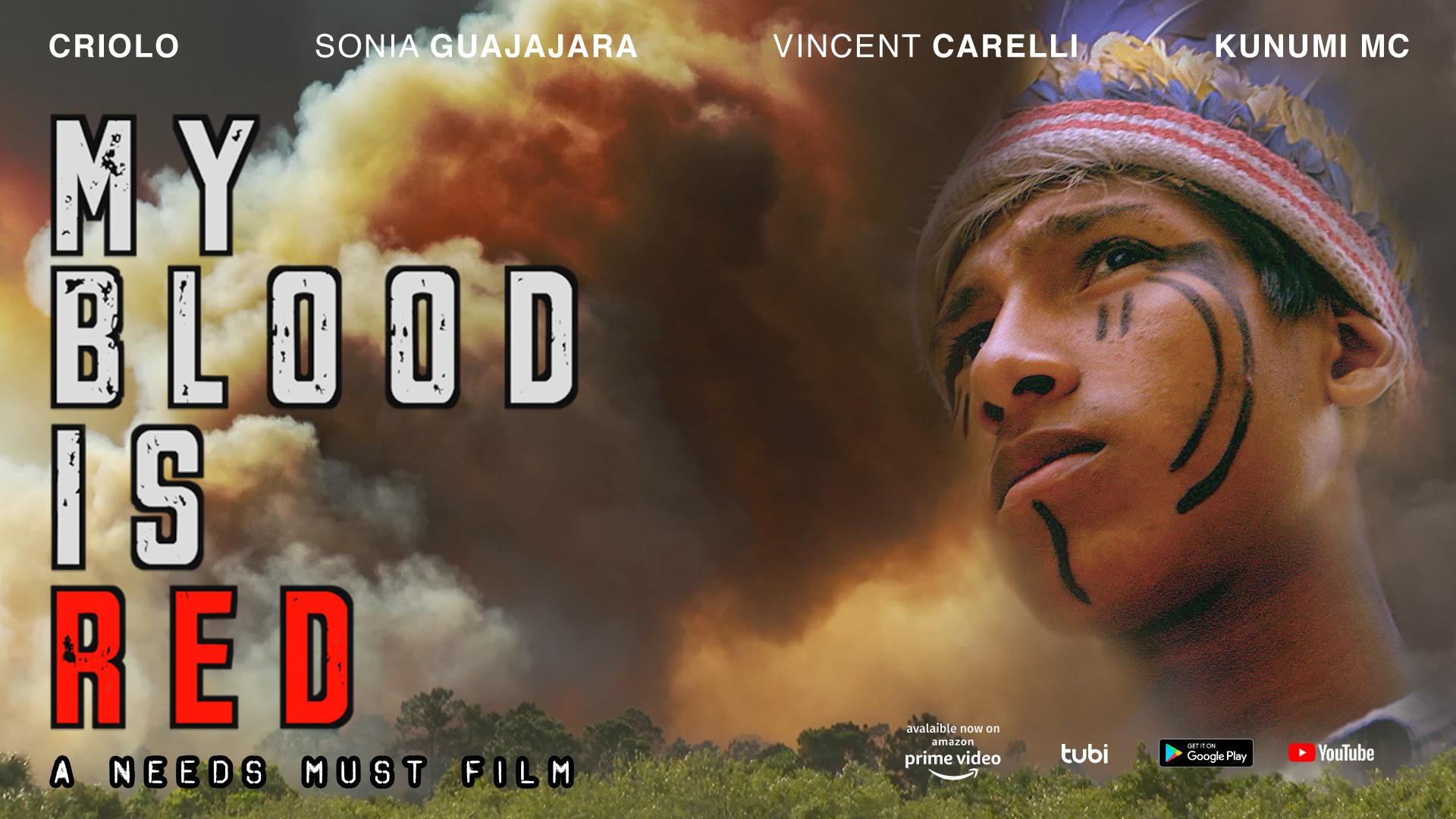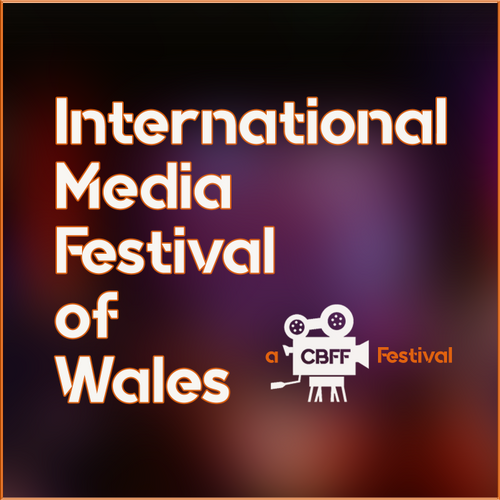
"Beautiful on every level. A tremendously powerful and moving hymn to a people’s determination to survive” - Terry Gilliam (Fear and Loathing in Las Vegas, Brazil, 12 Monkeys, The Fisher King)
"This fearless film - a bracing, haunting experience ... beautiful and profound - essential viewing, demanding to be watched" - PORT Magazine UK
"Masterpiece" - Scénema
“A charismatic young indigenous rapper is the moral center of this searing movie. Haunting music. Powerful images. An amazing piece of work. This is courageous movie-making. See it!”
Frank Oz
(dir: Little Shop Of Horrors, Dirty Rotten Scoundrels, The Indian in the Cupboard)
In the middle of an environmental and humanitarian catastrophe a young poet raps in the forest.
My Blood Is Red is a music documentary with a very dark heart. It follows the fortunes of a young indigenous rapper as he tries to make sense of the violence being meted out against his people. His name is Werá and his lyrics are fuelled by the anger and sadness he feels, confronted by the state-condoned genocide of the disenfranchised indigenous of Brazil. On his journey he is adopted by Criolo – one of Brazil’s most famous music artists and godfather of Brazilian hip-hop. He’s also comforted and counselled by Sonia Guajajara, the internationally recognised indigenous leader and charismatic figurehead of the indigenous struggle.
Driven by beats and lyrics we descend into a world of official violence and end up at the largest assembly of indigenous people in Brazil – a demonstration against the government’s barbaric policy of arming farmers, loggers and miners. Thousands of painted and feathered indigenous people – men, women and children – hurl coffins at the Senate building and are repelled with tear gas and rubber bullets.
So actually, this is a film about genocide. And one young artist's response to it.
Because we present as a music documentary we are able to carry this message of the indigenous struggle to commercial and world-music audiences that otherwise might never hear of it. That is the power and the duty of the documentary form – to take an audience on an emotional journey that leaves them with a deeper understanding of the variety, and yet also the shared space of the human experience.
Like Werá says: “We are all Guarani Kaiowa”.
He’s still rapping in the forest today …
As it burns down around him.

We use various technologies to track your identity and your interaction with our content while you are on our site. Our goal is to limit the use of this kind of technology to functions that are strictly necessary for the purpose of being a festival attendee, filmmaker, judge, or presenter. You have full control over the few exceptions that are not strictly necessary.
We do not use any first-party cookies on this site, though we do use a newer technology called "local storage" to store information about your identity and interaction with our site on your computer. We may use a third-party cookie for analytics tracking and another for your purchases. We do not use third-party cookies for the purposes of advertising or collecting information for use by third-parties.
The primary need for our storage of data on your computer is to track your authentication status and synchronize the purchases stored on the web site, thus enabling you to access the content to which you have access. When you are not authenticated, we also use this technology to track viewing of content in verification of our right to show you that content. On your profile page, you can see the information we store about you and manage it. You do have the right to be forgotten by us, but you will lose access to any purchased content should you exercise this right.
There are two non-essential functions: our use of Google Analytics to help us analyize usage of our web site and our automated watch list tracking. You may turn off one or both non-essential functions. We do ask that you allow these functions as they are used solely for the purposes of bettering this web site and are not used for advertising or sold tracking your beavhior for use by third-parties.
Click "Accept" to accept this use of cookies or "Reject" reject all but essential cookies.